Random Free Articles
- Karma
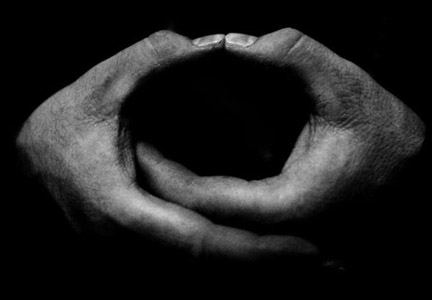
When people are happy and glad, take life for granted. Whereas when they suffer, when they encounter difficulties, they seek the reason for this and the way out of their difficulty. They may wonder why some people are born in poverty and misery, while others are born in favorable conditions. Some people believe that this is due to fate, chance, or an invisible force beyond their control. They feel that they are not able to live the life they…
- Ηeart to Ηeart Τransmission
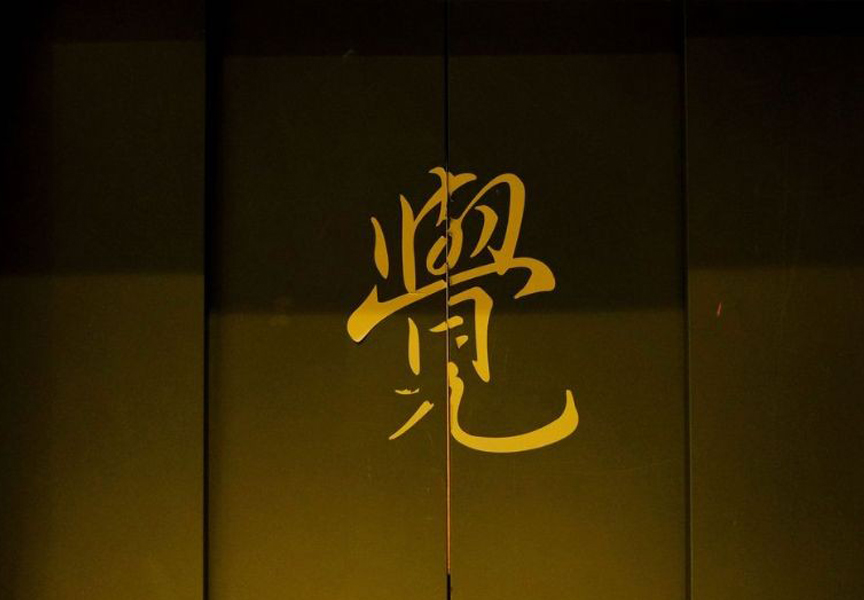
What the Heart Feels, the Mind Transmits Education is a multifaceted process that goes beyond the mere exchange of instructions. In the realm of learning and teaching, there exists a profound and often overlooked dimension known as "heart to heart transmission" [Chin.: FóXīn 佛心 | Jap.: Ishin-denshin]. This form of communication transcends the physical and intellectual, delving into a realm where profound understanding and…
- Martial Arts and Violence
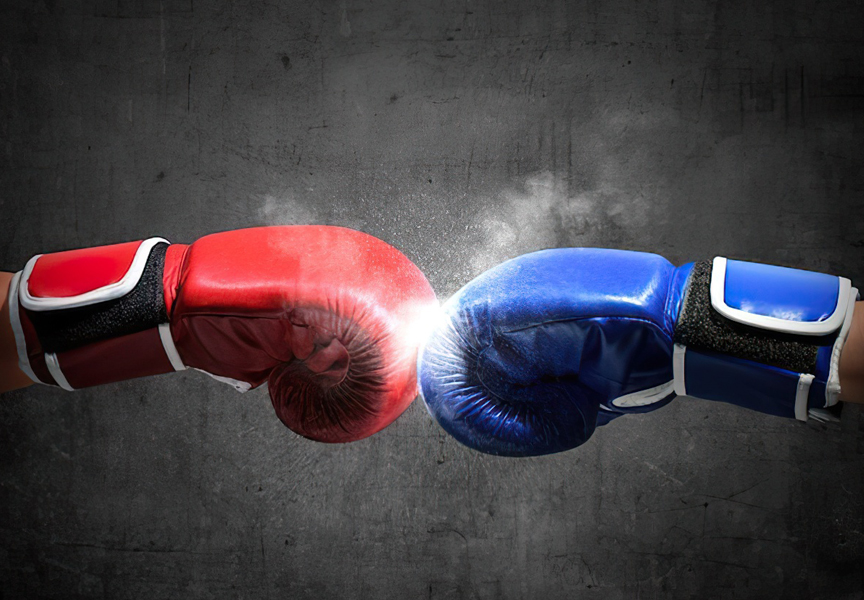
In recent years, there has been an ongoing debate surrounding the association between martial arts and violence, particularly concerning children who practice combat sports. Concerned parents often express worry about their children potentially becoming more aggressive due to their involvement in activities like Κarate, Kung Fu, or taekwondo. However, it's crucial to debunk this misconception and understand the broader context in which…
- Fenjie in Chinese Martial Arts
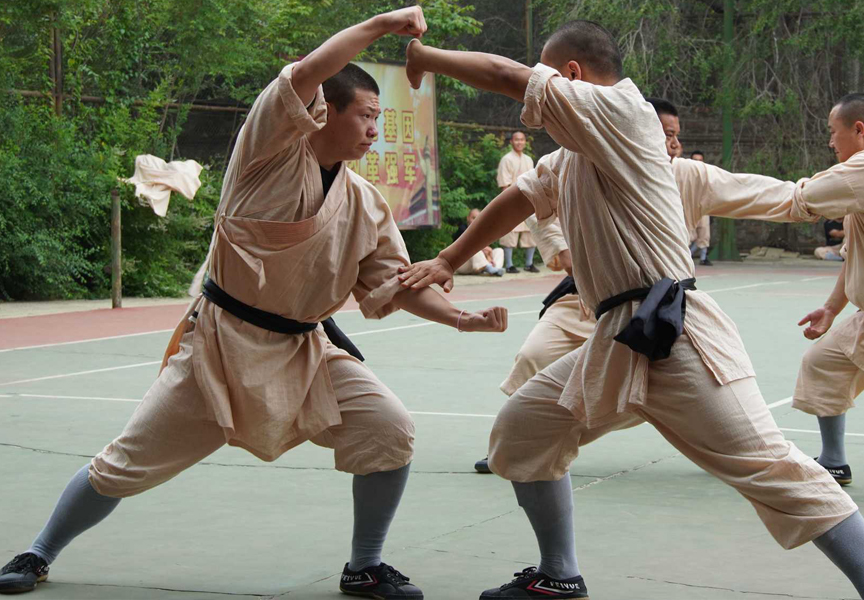
Dissecting Forms for Combat Mastery In the vast realm of Chinese martial arts, the term Fenjie, which translates to analysis or disassembly in English, holds significant importance. This concept is deeply embedded in the traditional practice of martial arts, especially when it comes to the study and application of various forms. Fenjie [Chin.: Fēnjiě 分解] involves the meticulous process of breaking down complex movements within a martial…
- Song Kua in Shaolin Rou Quan
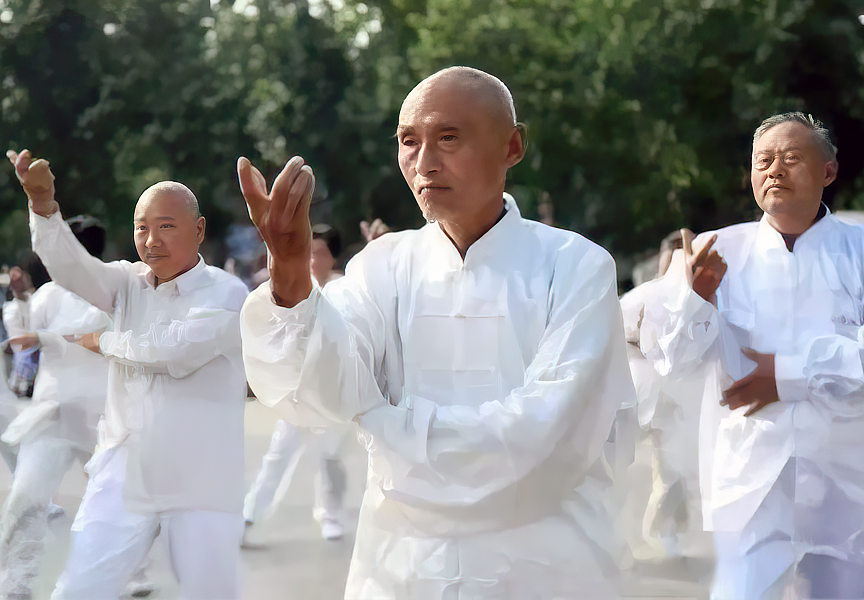
The Essence of Relaxation and Expansion Shaolin Rou Quan, is a Chinese Shaolin martial art that emphasizes the principles of balance, harmony, and the cultivation of internal energy. One crucial concept in Shaolin Rou Quan that encapsulates the essence of its movements is Song Kua -[Chin.: Sōng kuā 松夸], which can be translated as (relax the hip joints) or (open the crotch.) Understanding and embodying the principle of Song Kua is…
